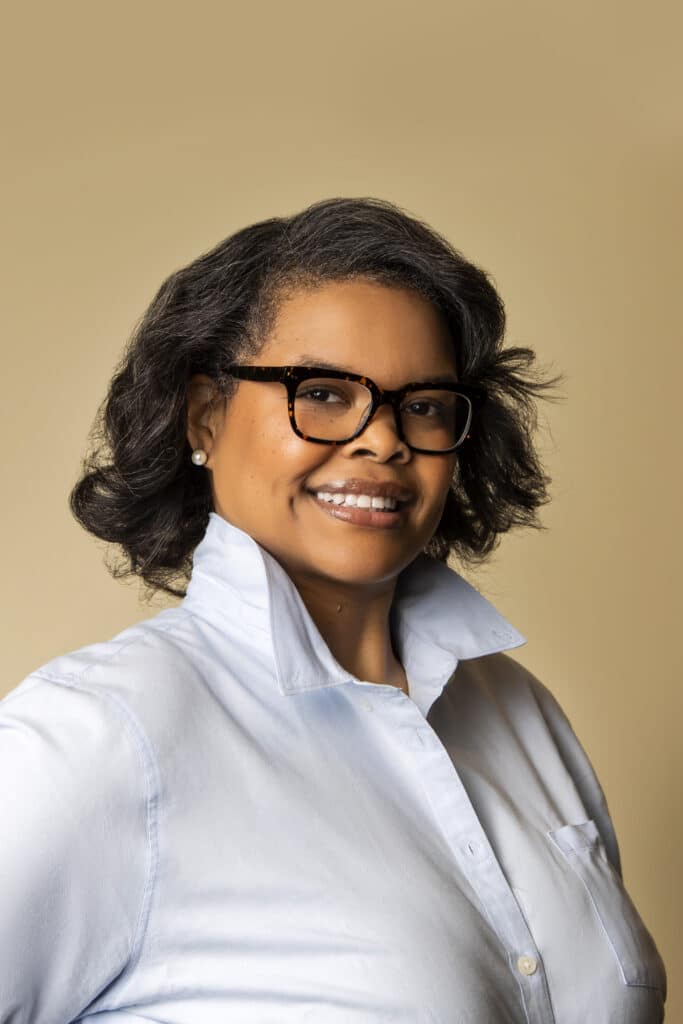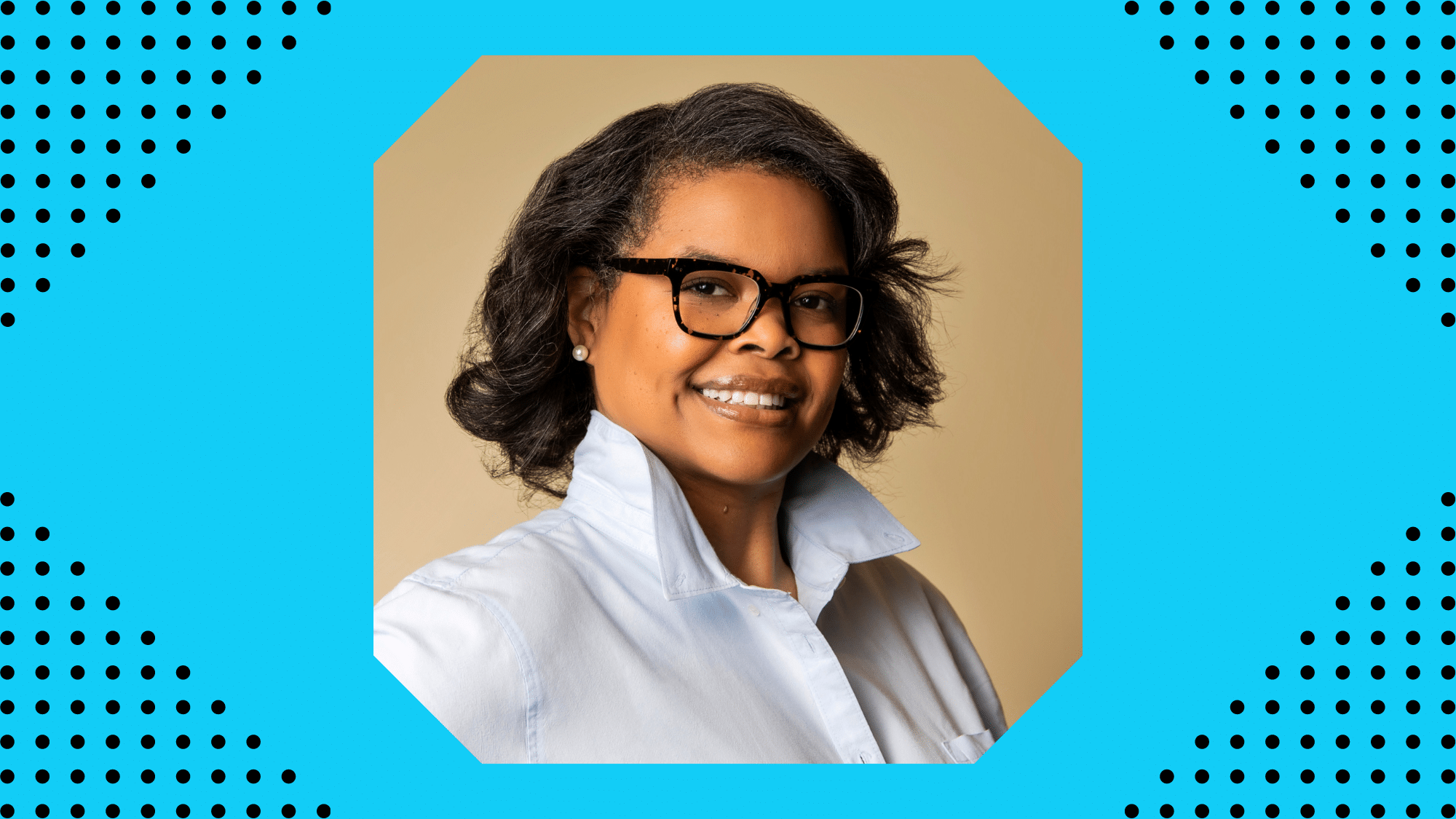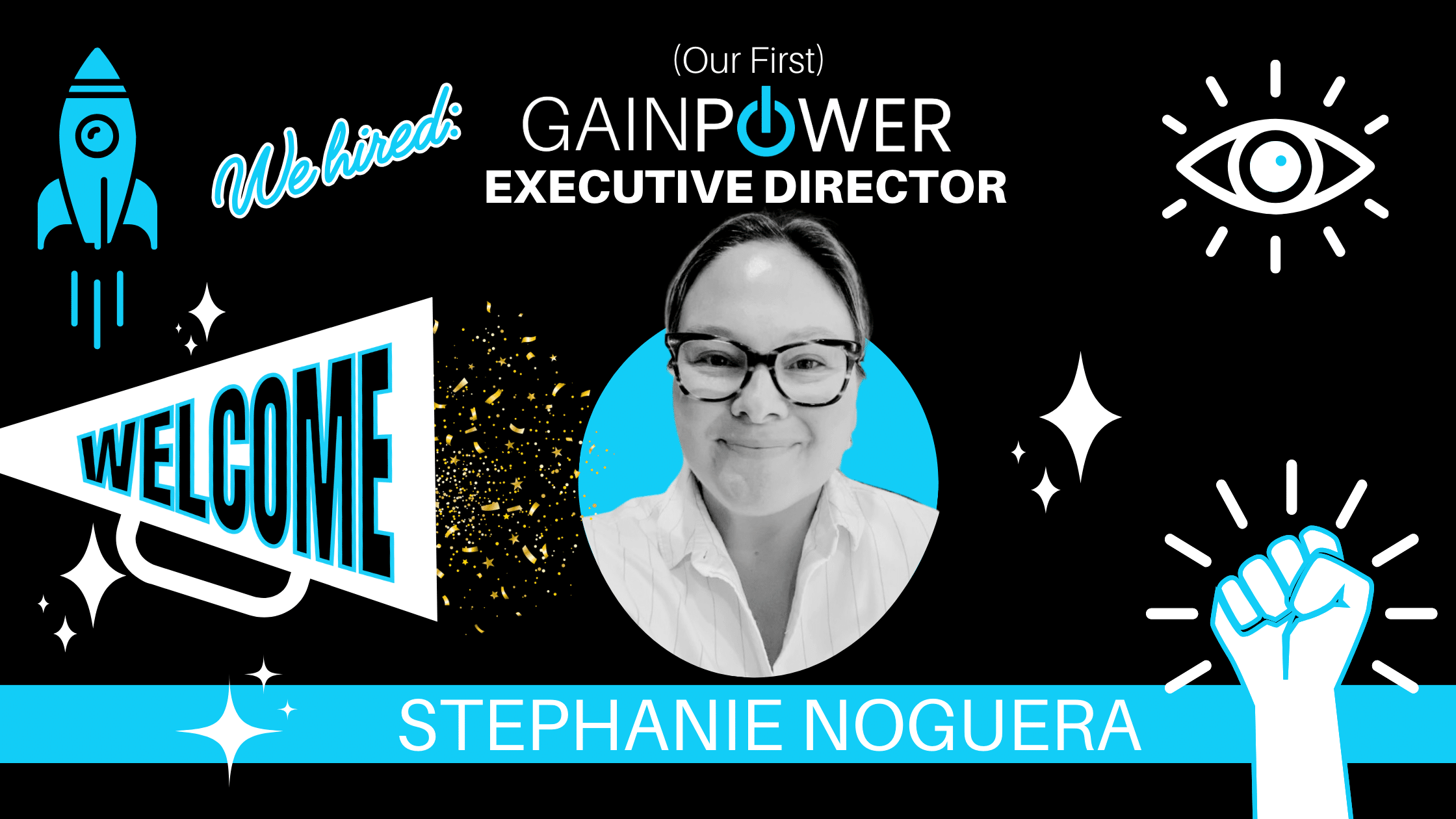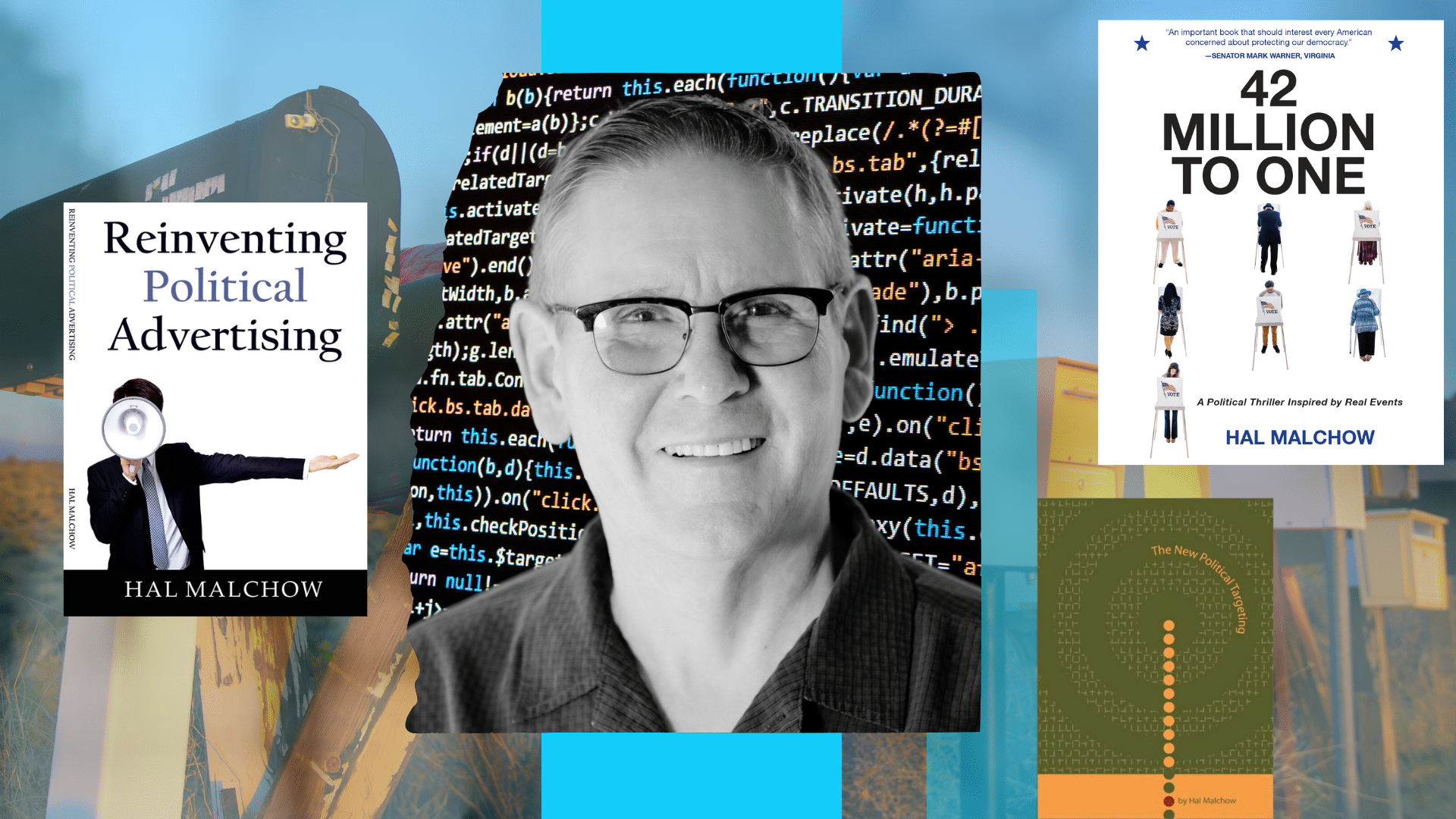Here at GAIN Power, we are always looking to spotlight different political progressives and changemakers. If you or someone you know would like to be nominated, please fill out this form!
Our spotlight today is on Jara Butler. She is the chief impact officer at Supermajority, where she directs the organization’s programmatic work with a goal of building a powerful women’s voting bloc that can achieve big wins for women and make the Majority Rules a reality for all people.
Can you give a brief background and introduction about yourself?
JB: I am originally from the Dallas area. I have been an organizer since I was about 18-19 years old. I came to Supermajority almost 2 years ago in March. Previously, I was at the Virginia Democratic Party and the Democratic Legislative Campaign Committee.
What attracted me and brought me to this work and to Supermajority specifically was Cecile Richards. As a Texan, Cecile and Anne Richards had such a profound impact on us and young women in the political process. The other thing that attracted me was building a coalition of women. When we’re centering those that are closest to the pain and those who are in need of the promise of a progressive future. I have an amazing team and I’m really grateful for the opportunity to work here and with some of the best folks.
The other thing is that I am a working class kid, with my parents working to provide me with opportunities. I don’t take anything for granted and more folks with my background have a space.
What made you get involved in politics? Was there a flashpoint moment for you?
JB: here was never a moment where I don’t think I wasn’t involved in some way or another. My grandmother was the first in her family to be born outside the institution of slavery and grew up under Jim Crow. She really felt that the government was something that belonged to us, even if the government didn’t actually see us; she saw that voting was a superpower and had me registering voters and going to vote with her.
But, I think the moment that really defined me was when I was 13 years old, the last time I saw my uncle alive. My uncle had been caught in the injustice of the war on drugs and sentenced to 99 years in prison. I remember sitting in that room at 13 and feeling very, very powerless. Since then, there is now restorative justice on those benches now in Dallas County.
What does your day-to-day work at Supermajority look like?
JB: There’s never a dull moment. My day-to-day is really intuitively responding to the news of the day. But, more often than that, it’s making sure that the people on our team have the things they need in order to succeed. I also like to check in on the Black women on our staff to ensure that they are taking time for themselves and prioritizing themselves as they are putting in the work.
I also take time out of my days on Mondays and Tuesdays to go and volunteer locally. It reminds me that I am doing this for a reason and how we are building power and moving forward with the next generation.
How does your work impact the political climate we live in, specifically as a Black woman working in the gender equity and progressive space?
JB: At Supermajority, we are focused on the generation of young women who will be the definers of where we go as a country. They are already empowered, but they need to be supported and amplified to continue to build that power. As an organization, we work hard to center the people that have historically been closest to the pain. We are constantly checking if what we’re doing is focused on justice and equity. We’re also checking who is and is not at the table and who needs to be there.
The world doesn’t have to be the way that it is. Our country doesn’t have to be the way it is, we can do something about it, and that’s at the heart of what we do as an organization. We organize and train the next group of leaders because we have to be authentic and true to our values.
Has there been a surprising thing, either in a good way or bad way, that you’ve learned since getting involved in progressive politics?
JB: We are all learning; we like to say that we’re experts in everything, but the fact is there is always something to learn. We have to be curious about what we’re doing and that is something that I love about young folks. They have such an insatiable curiosity for the world around them in a way that I don’t think I had as an elder millennial because it was always about ambition and competition. We have to lift each other up and not look at the other as competition.
The challenge is that as leaders, we shouldn’t look around and be seeing the same faces. Some of us hang on much longer than we probably should and we need to start pulling others up by mentoring and developing that next generation.
How would you define power within the progressive political space?
JB: I would define power as liberation. Fannie Lou Hamer said, “When I liberate myself, I liberate others,” and that’s what I think about power as–collective liberation. True power does not come from an individual, true power comes from the collective, and as long as we move as a collective, we are going to be in power. The great progressive moments in this country have not come from a single solitary leader, but it has come from people who are moving and pushing progress step by step together. The power is in the power; the power is in liberation; the power is in what we can build together
What has been the best part or best memory of your career so far?
JB: It feels like I am still living the best parts of my career. I can look back on being a part of electing the first Black president and it was a wonderful time, but it just keeps getting better. If I were to reflect on where things are right now, I would say last year at Supermajority we had this goal of contacting 2.5 million voters and we ended up contacting 3.6 million. We’re a small team and we were able to do that and define ourselves and our organization. Another proud moment I have is watching the people that I’ve mentored go on to step into their power and be amazing leaders.
Is there anything you think campaigns or movements should be doing or should stop? Why?
JB: Stop waiting until September to talk to Black voters. If you’re going to sit down, create a campaign plan, and you don’t have a plan for doing effective outreach to communities of color too, then what are you doing? You have to put the same amount of resources into communities of color and stop painting us all with the same monolithic brush because we are all different. Also look at your leadership–does it reflect the electorate, the values you hold, and the staff?
What sort of issues and priorities should campaigns and organizers be focusing on when looking at voters, particularly voters of color?
JB: I think we need to start prioritizing that Black voters, particularly Black women, shouldn’t bear the burden of helping win elections. That’s not fair, that’s not liberation. It does not make you our ally, it makes you someone who is benefitting off our labor. I know that within the progressive space we like to align with communities and put people in positions because we think this person will be great talking to this community. Well, that’s wonderful, but don’t you think this person would also be good in fundraising and development or communications? Why does the organizing staff always look more diverse than everyone else?
Another thing is that we assume that voters are not aware, especially voters of color. They absolutely do. In the progressive space, we can’t just rely on calling ourselves the good ones, we actually have to show up and do the work that we say we are going to do. We have to give people something to vote for, and that is no different than you know what community of colors are asking for. We should have to earn every vote, and if you can’t earn that vote, then maybe you don’t need it.
What had you wished you had known about getting involved in politics?
JB: How isolating it can be sometimes and how important it is to create your community. When I started as a young Black woman in this space, I didn’t see many Black women in positions like I have. On the Obama campaign in Georgia, there was one woman who was the Georgia State Director and seeing her actualize her power and be one hundred percent herself was inspiring to me. It made me realize that I can be me; I don’t have to force myself to be something I’m not.
What advice do you have for young professionals, young women, especially young women of color, looking to get into politics?
JB: Focus on what’s important to you, and trust your instincts more than anything. I definitely am grateful to be where I am right now, but I also know that every day I am faced with microaggressions and faced with justifying my space. But, the difference is I don’t care as much. I will take up as much face as I need to because I belong here. When you have that feeling, when you have that fire and it’s burning, don’t let anybody tell you can’t, just do it anyway.
Lastly, for fun, if you could do another job for just one day, what would it be?
JB: Governor of Texas.






